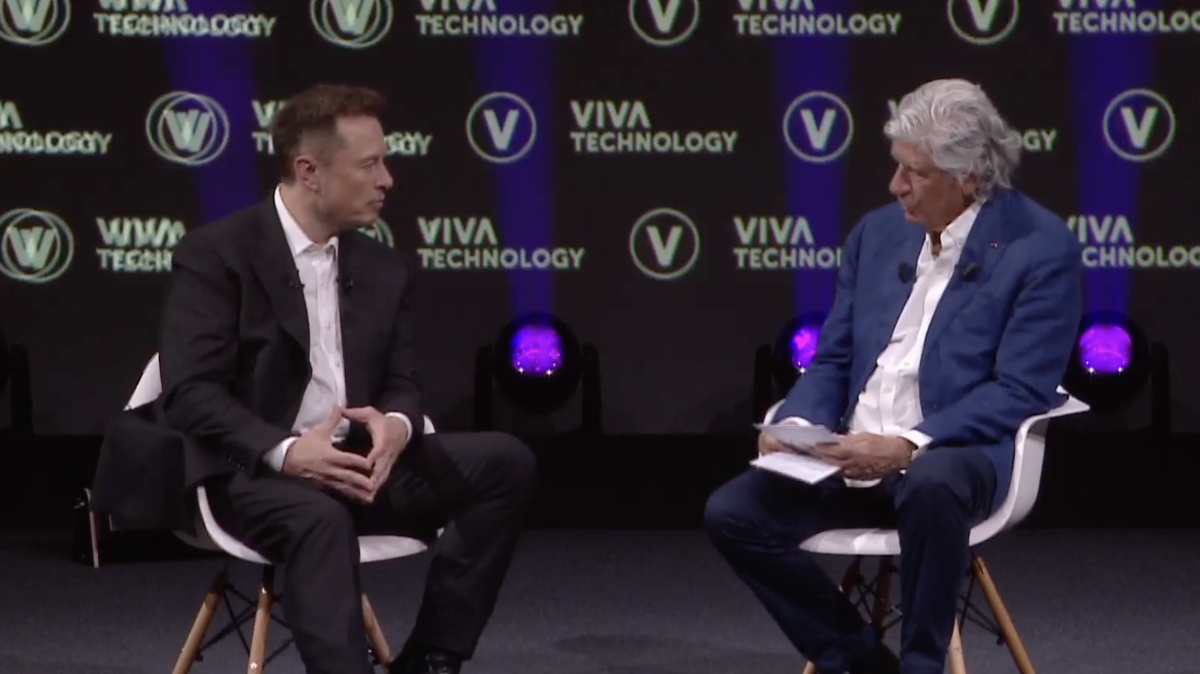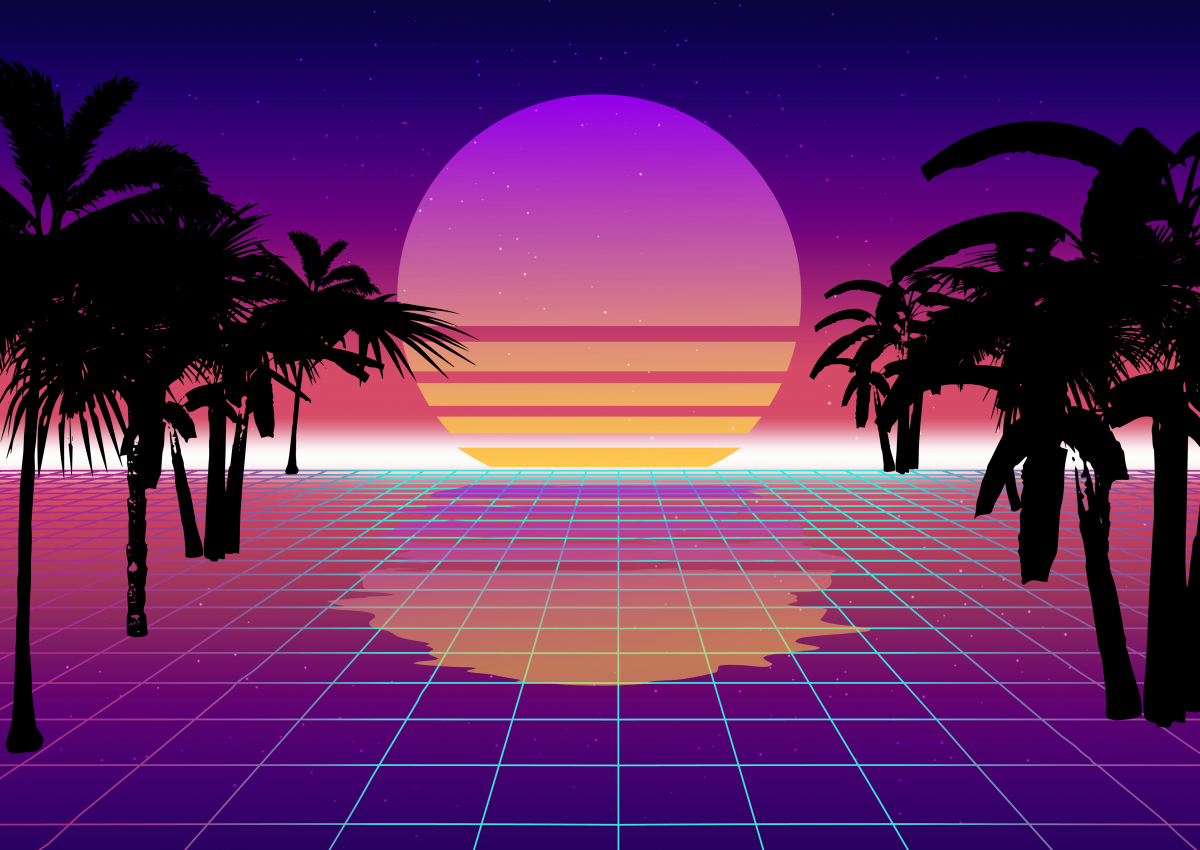“If there’s an AI apocalypse, I’d like to be alive to see it”
Viva Technology is an annual conference on innovations and startups that takes place in Paris. Well-known names can also be seen in Paris on a regular basis. Last year, for example, the four-day fair drew attention to itself with a performance by Ukrainian President Volodymyr Zelenskyy. In previous years, Meta boss Mark Zuckerberg, Jack Ma from Alibaba and IBM CEO Virginia Rometty had appeared there.
This year’s star guest: Elon Musk. For around an hour, he answered questions from Maurice Lévy, Chairman of the Supervisory Board of the French advertising agency Publicis Groupe, and Christel Heidemann, CEO of Orange UK. The conversation covered the topics of artificial intelligence, the companies Tesla, SpaceX and Twitter, and basic things like Musk’s position on free speech.
Editor’s Recommendations
Elon Musk sees artificial intelligence as the most disruptive technology of all time. What AI produces in the field of art, for example, is great and autonomous driving would also be improved by AIs, but at the same time Musk warns again about AI. He predicts an AI for the future that is much more intelligent than the most intelligent human being and advocates pausing the development of AIs until we can better assess their development and the area is regulated.
But even if he sees AIs critically, he would like to witness their development, even if it were to end in disaster. “Let’s say there’s an AI apocalypse, I want to be alive at that point to witness it.”
A second big topic was the purchase of Twitter and the development of the platform since then. Why did he buy Twitter? Even before the takeover, his Twitter account was one of the largest, so he got a feel for how the platform was changing. “I realized that Twitter has a corrosive effect on civil society. My hope and aspiration was to change that.”
Musk sees himself on the right track. “For those who use Twitter regularly, most would say their user experience has improved. We got rid of 90 percent of the bots and scams.” Action was finally taken against the sexual exploitation of children, some of which had existed on Twitter for ten years. Musk does not name more precise figures and evidence for this.
When asked about fake news and hate speech on Twitter, Musk reiterated his radical view of free speech. “I’m a fan that we should have as much freedom of speech as possible, as far as the laws in each country allow.” People are allowed to say things that others don’t like. “I want it to be okay if someone says something potentially offensive.” At least such offensive tweets would not be promoted by the algorithm and thus less visible.



